When a client came to me for help, he was frustrated. He had tried filing his own civil litigation paperwork—and it had been rejected… twice. He thought simply explaining his case would be enough, but the court required properly formatted documents, exhibits in a precise order, and a strict filing process.
He isn’t alone. Many clients come to me after struggling with court paperwork. It can feel overwhelming and confusing, especially when you’re already stressed about the case itself.
The truth is, how your documents are prepared can make or break your case. Whether you’re filing a complaint, responding to a lawsuit, or preparing for a hearing, your documents must comply with court standards to be accepted and reviewed in your favor.
In this blog, I’ll walk you through why proper document preparation matters, what to expect in a civil litigation hearing, and how to prepare your information so I can help you present your strongest case.

Why Format and Filing Matter
When you submit documents in a civil litigation case, the court requires that they be:
✅ Typed clearly and legibly
✅ Formatted according to specific rules (margins, line spacing, font size, headings, etc.)
✅ Organized in a particular order with required forms and attachments
✅ Electronically filed (in many counties) through the proper system
✅ Accompanied by any necessary Proofs of Service or additional documents
Mistakes such as incorrect margins, missing line numbers, or forgetting to include a required attachment can cause costly delays or even have your documents rejected.
What Happens in a Civil Litigation Hearing
If your case proceeds to a hearing or trial, the court will rely heavily on what’s in the file—not just on what is said in the courtroom.
The judge (and possibly opposing counsel) will review:
📄 Your filed complaint or response
📄 Declarations
📄 Evidence exhibits
📄 Motions and oppositions
📄 Any additional filings required for your case
If documents are missing, formatted incorrectly, or incomplete, it can negatively impact how your case is received.
How Proper Preparation Can Help You
When your documents are clear, professional, and correctly formatted:
✨ You present your case in the best possible light
✨ The court can process your filings faster
✨ Your credibility is strengthened
✨ You reduce the risk of unnecessary delays
It also takes a significant amount of stress off of your plate, so you can focus on what matters most—preparing for your hearing or managing your life while the case proceeds.
How to Prepare Your Information for Me
If you’re working with me at OC Paralegal Service, here’s how you can help me help YOU:
📌 Gather all relevant documents and dates — Contracts, emails, letters, payment records, court forms
📌 Organize your evidence — Clearly label any documents you may want included as exhibits
📌 Write a clear, simple timeline of events — This helps me structure your declarations or other documents clearly
📌 Be honest and thorough — The more accurate the information, the stronger your filings will be
📌 Communicate early about deadlines — The sooner I can prepare your documents, the more polished they will be
You Don’t Have to Do This Alone
Many clients tell me they tried preparing court documents themselves—only to run into frustration and costly errors. You don’t have to take that risk.
I’m here to guide you through the process, prepare your documents with care, format them to comply with court requirements, and electronically file them on your behalf.
Whether you are the plaintiff or defendant in a civil litigation case, having a professional in your corner can make all the difference.
📞 Contact me today to learn how I can help you move forward with confidence.
Karen Fischer | OC Paralegal Service
Professional. Compassionate. Here for you.




